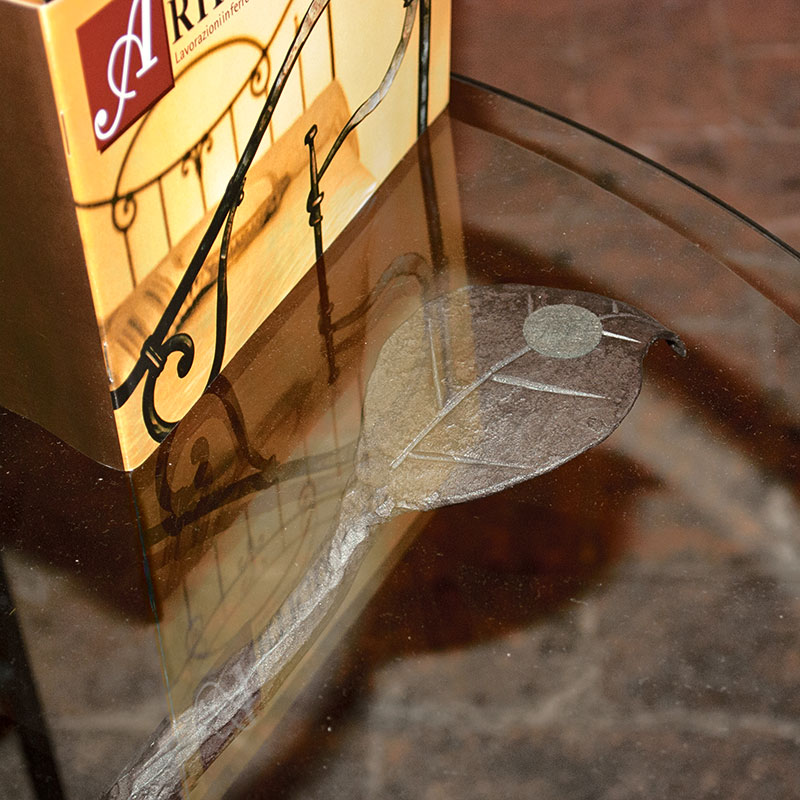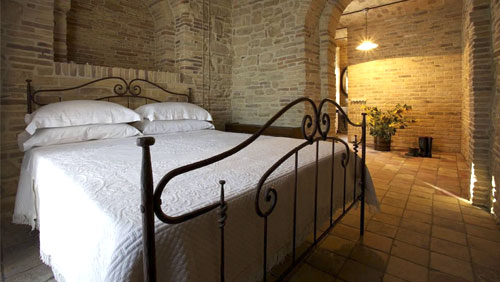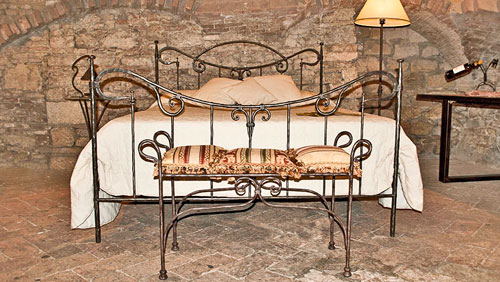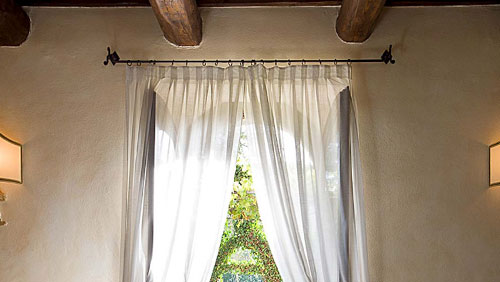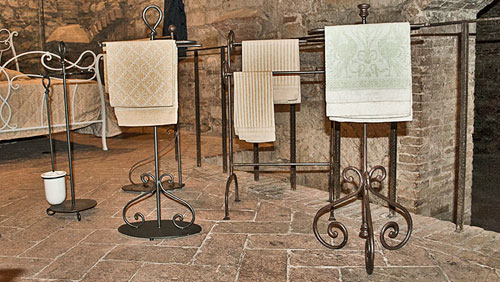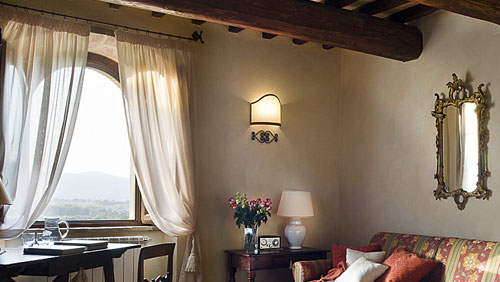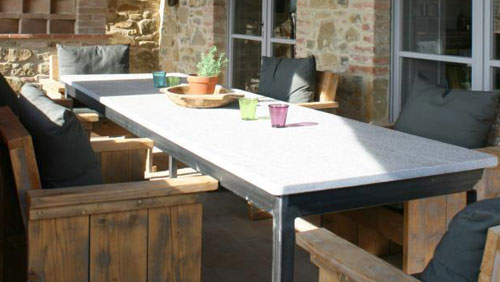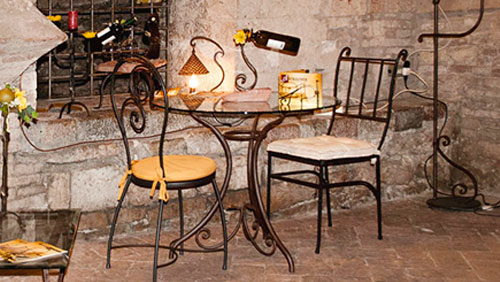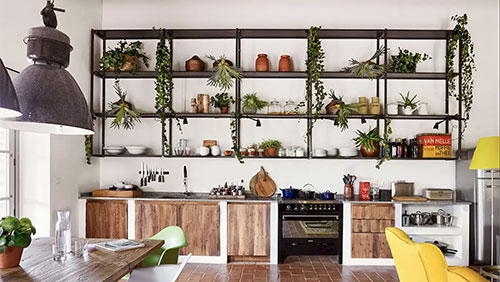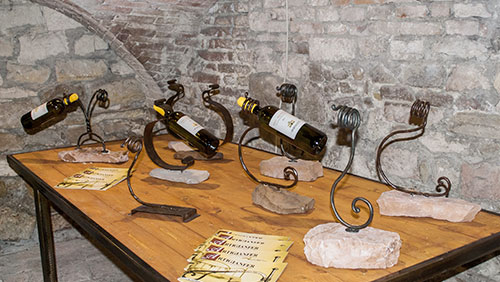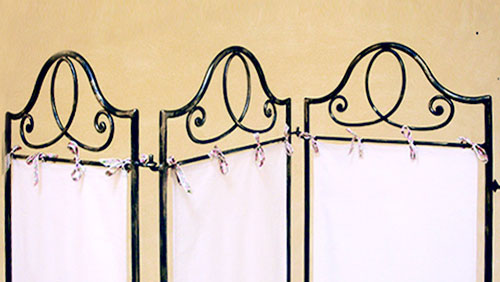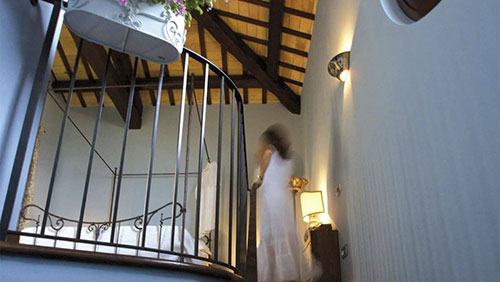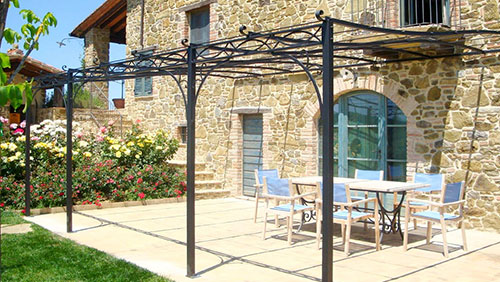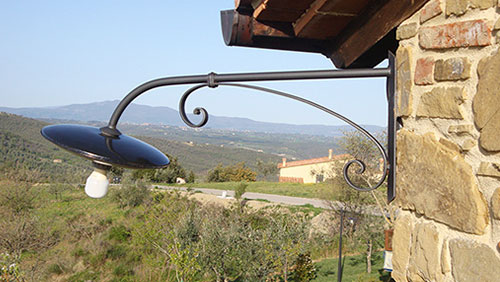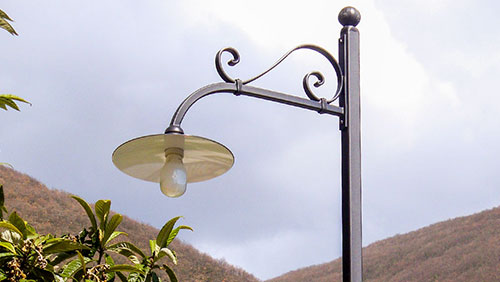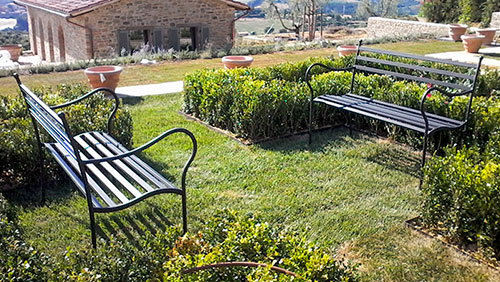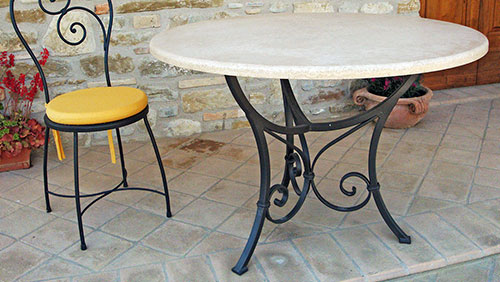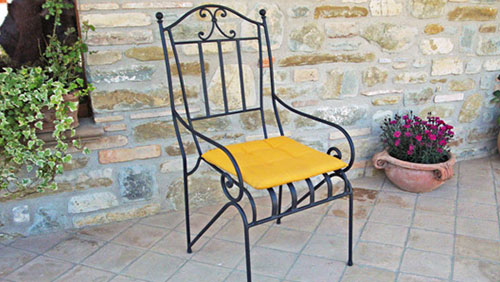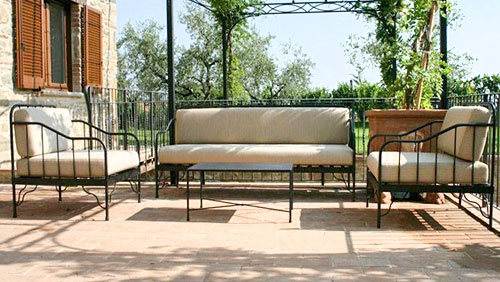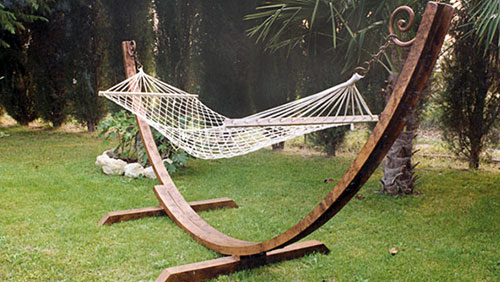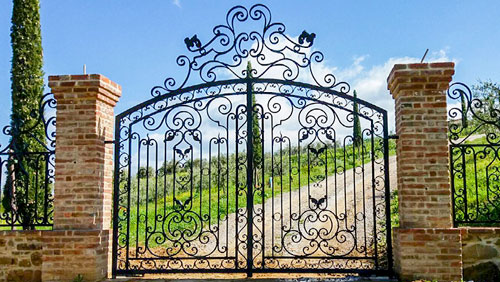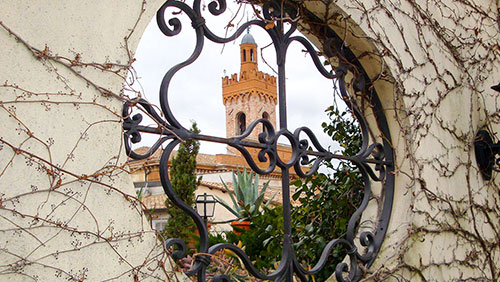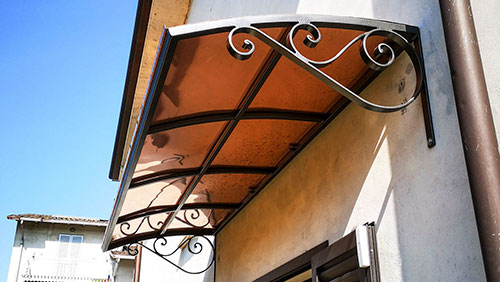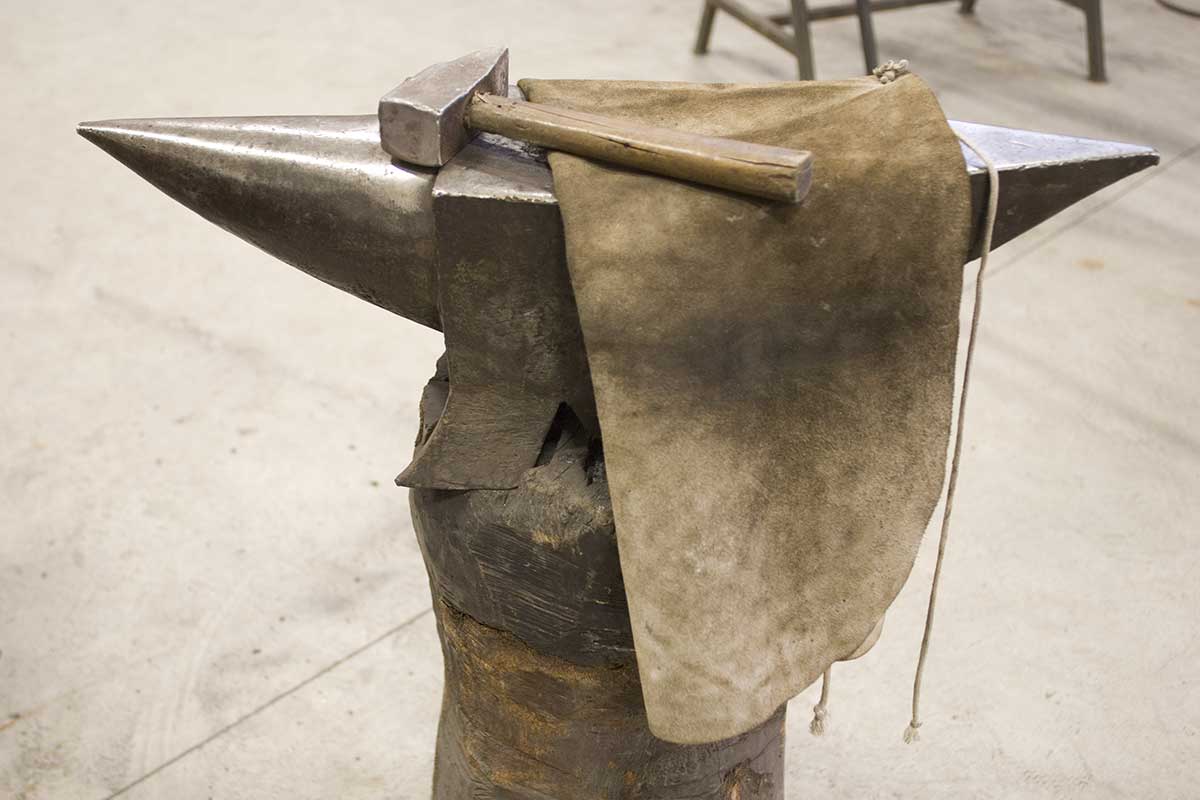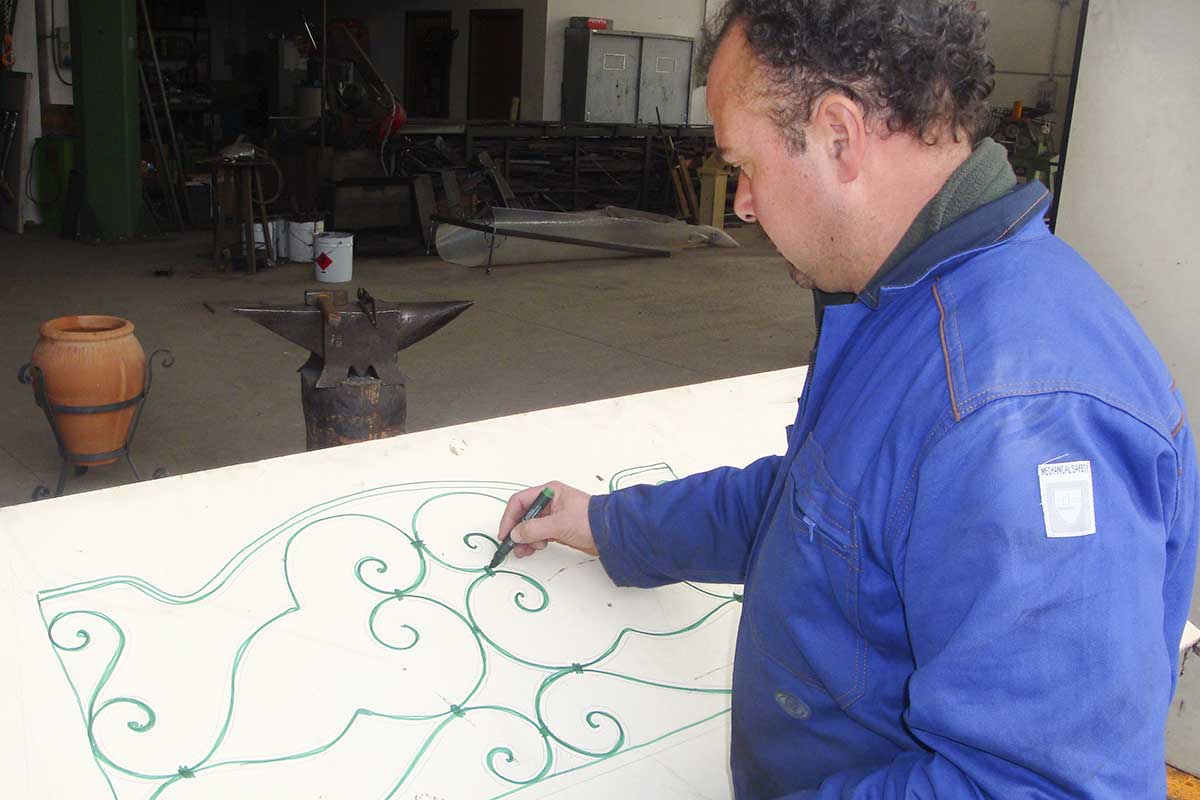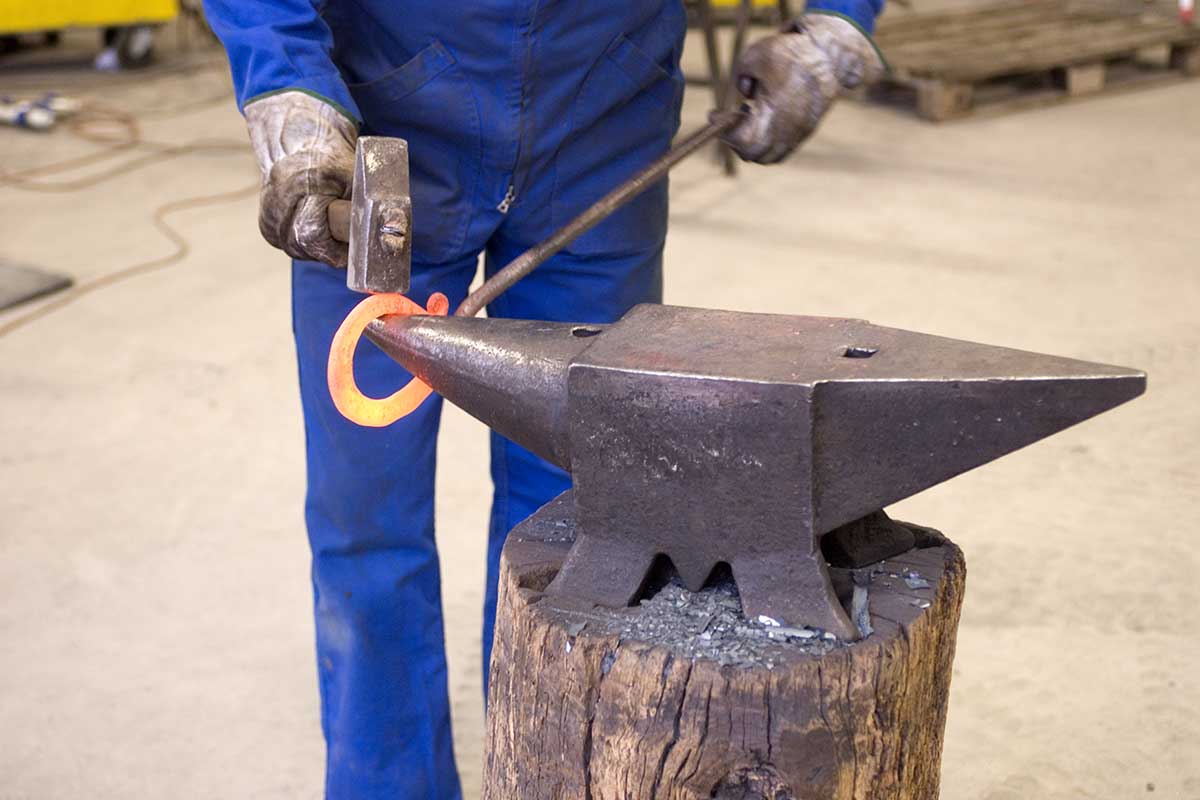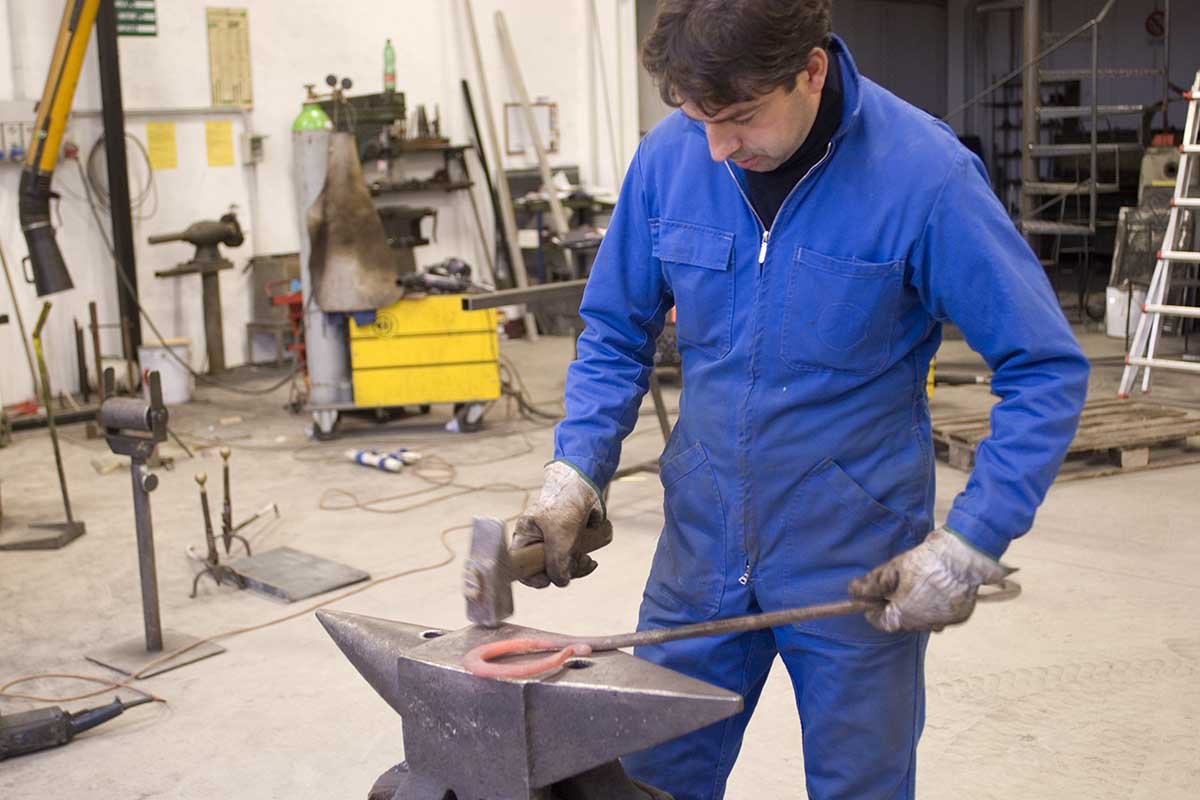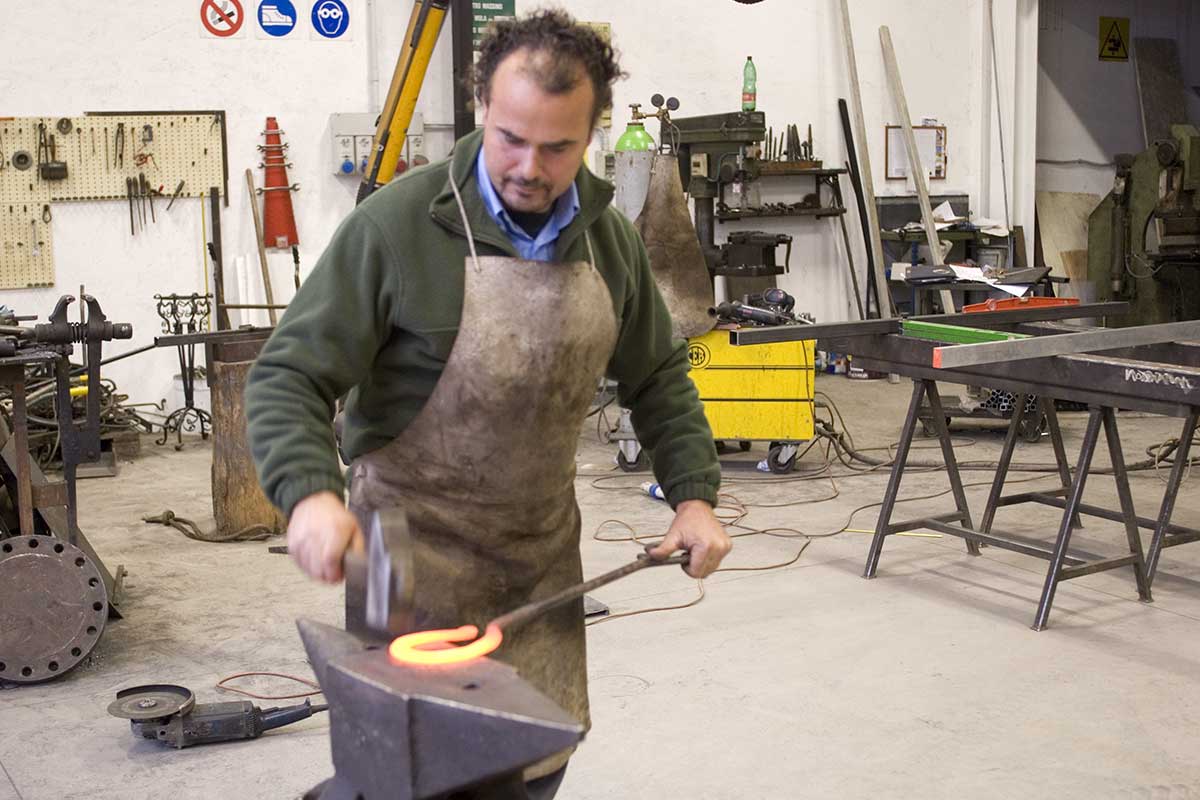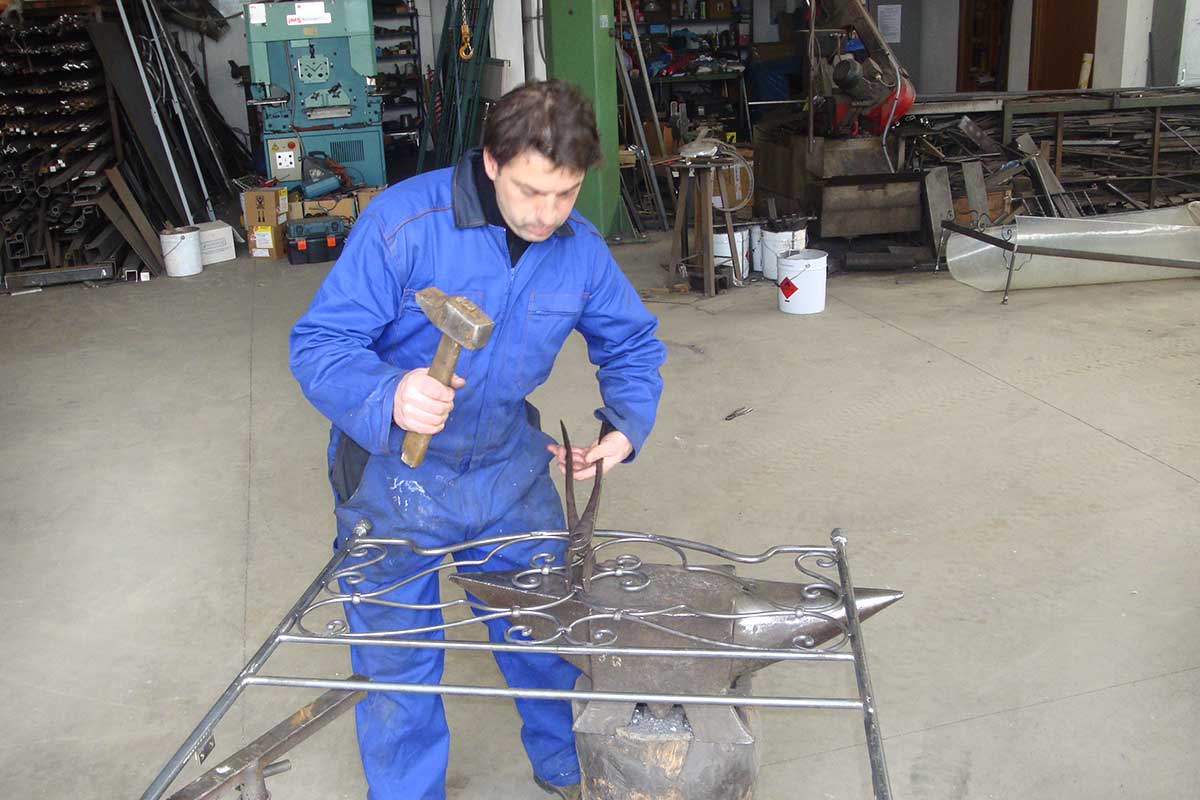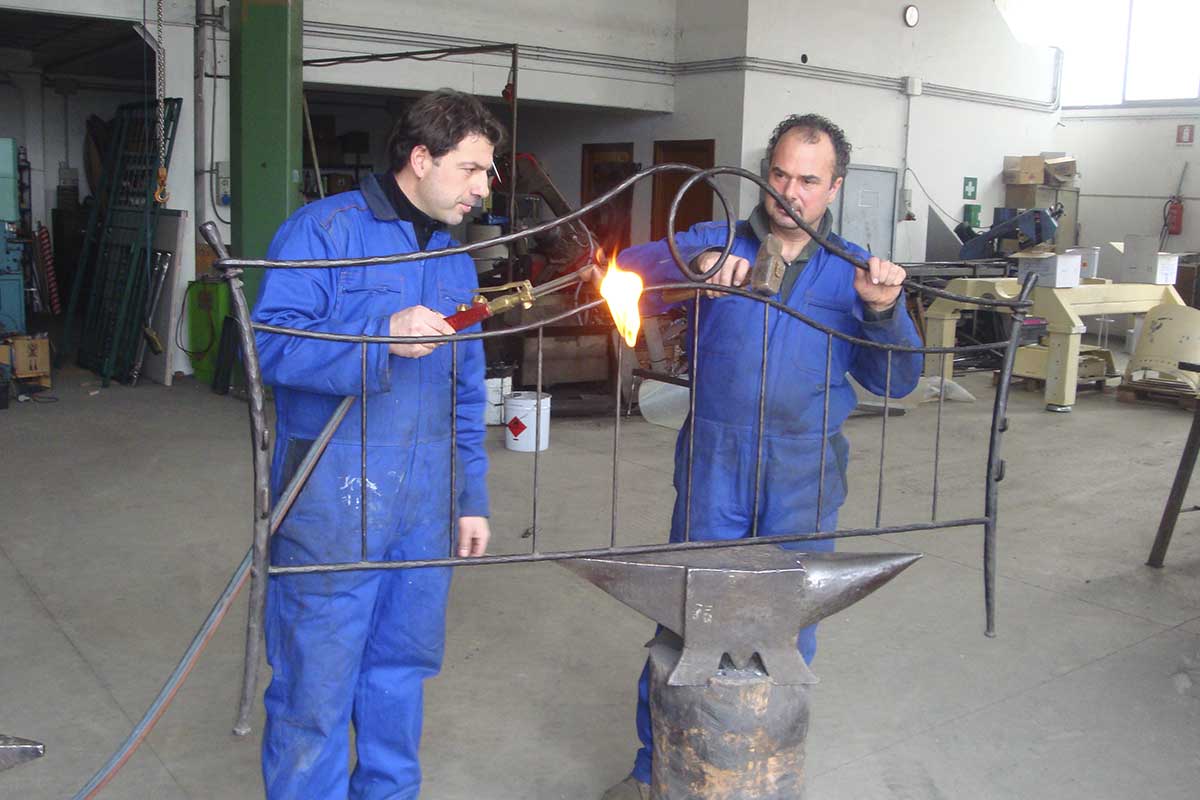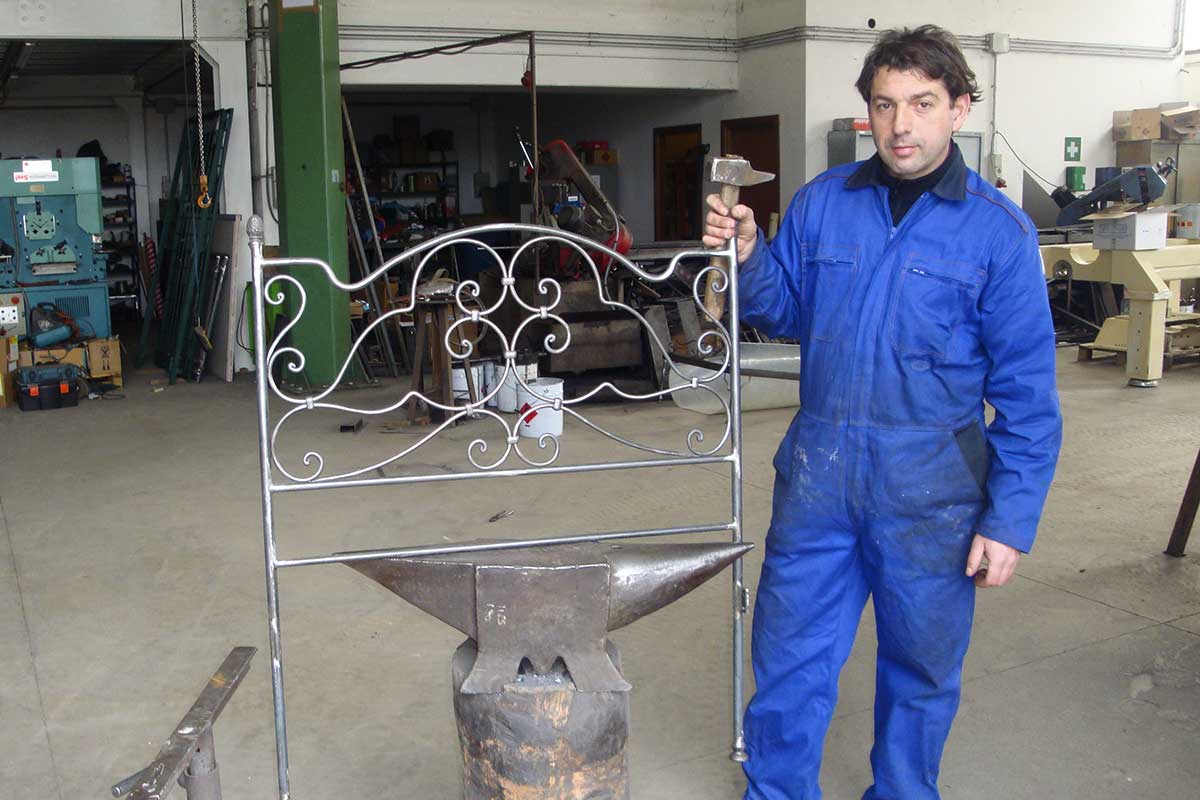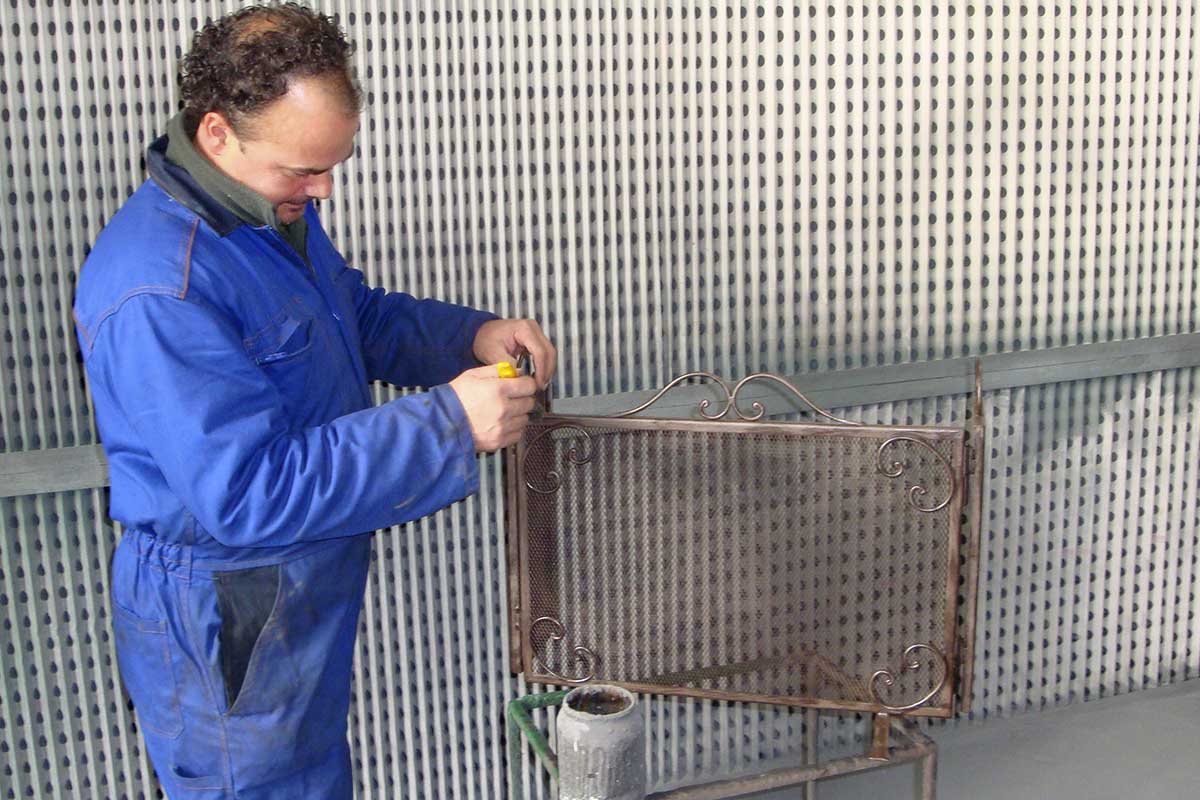WROUGHT IRON
Hand-crafted wrought iron is produced by working a round, square, or rectangular iron rod, hot-forged and hammered on an anvil by a blacksmith, in order to transform the raw iron into the desired element using techniques handed down over the centuries.
The product must be finished entirely by hand.
rought iron can take on various forms, from simple items like spearheads, leaves, or coils, to more elaborate elements like branches of ivy, roses, swirls and spirals.
Artigianfer produces furnishings and furnishing accessories in wrought iron: beds, bedside tables, shelves, tables, coffee tables, side tables, chairs, living room sets, armchairs, display cabinets, benches, screens, umbrella stands, coat racks, towel racks, bathroom accessories, curtain rods, andirons, fireplace tools, spark-arresters, candelabras, candle holders, ceiling light fixtures, lamps, floor lamps, wall lamps, bedside lamps, lamp posts, railings, staircases, gates, fences, hammocks, gazebos, pergolas, etc.
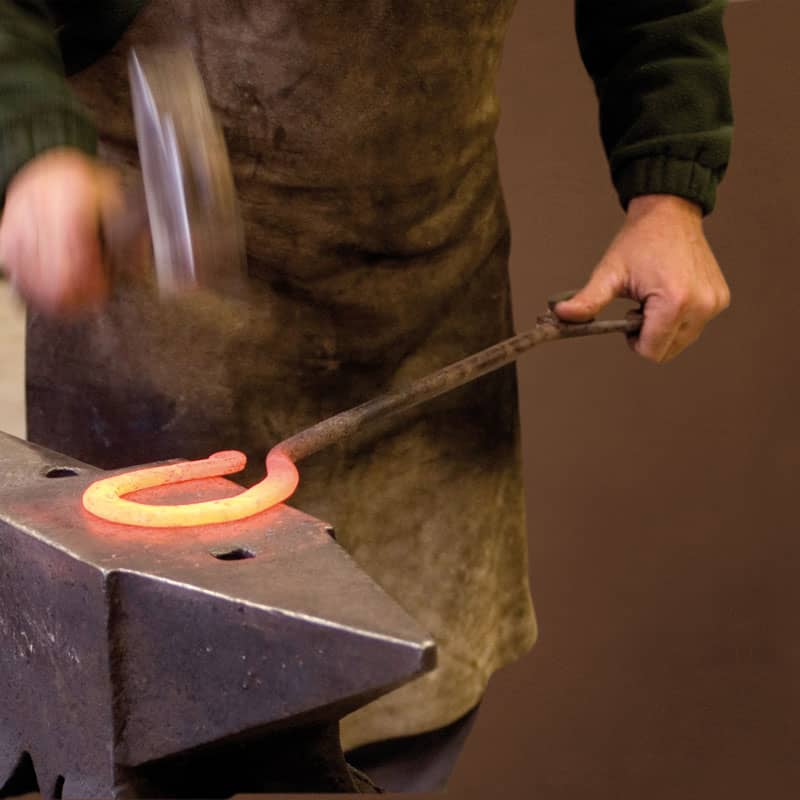
TRADITIONAL CRAFTSMANSHIP TECHNIQUES
FORGING
the forging of the iron is carried out using a forge. The iron rod rendered incandescent by the fire becomes soft enough that it can be shaped by the blacksmith, who strikes it rhythmically between the hammer and the anvil until the desired shape is obtained.
HAMMERING
a more or less deep pattern of facets is created upon the smooth iron surface by a series of hammer strikes.
CHISELLING
the decorative motif is engraved upon the metal surface with a chisel, which is beaten in a light and uniform manner with the hammer, and leaves a more or less uniform groove.
RELIEF
the iron sheet is placed on top of the template of the desired shape, and is beaten with a hammer.
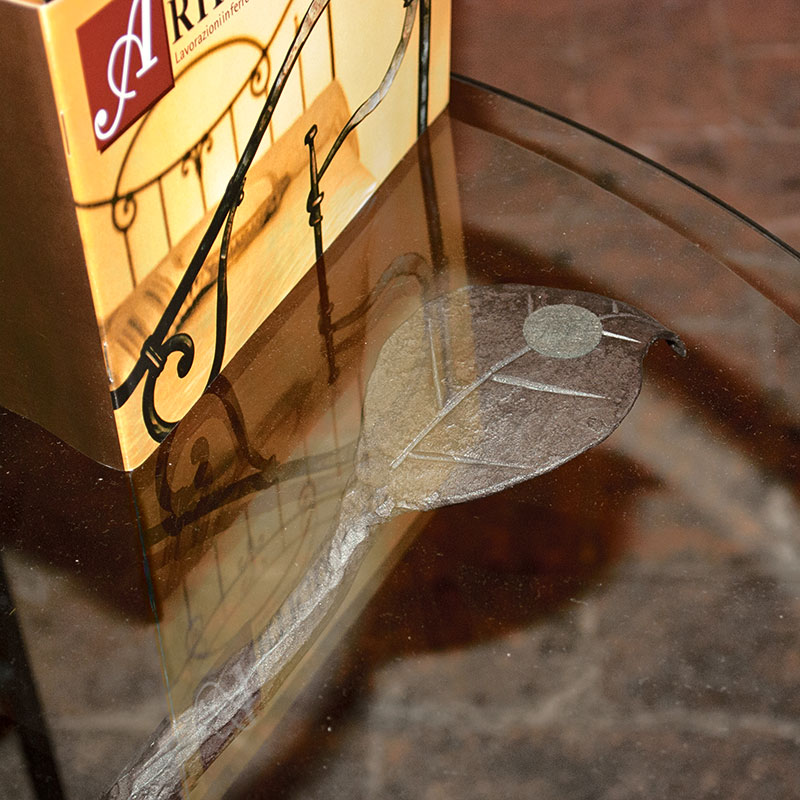
TRADITIONAL JOINING TECHNIQUES
CRIMPING
the edges of the metal sheets are folded together.
NAILING or RIVETING
the rivets are inserted into the holes made in the two pieces of iron to be joined, and are hammered at the ends.
THREADING
after having prepared the male and female threads, the two pieces to be joined are screwed together.
BANDING
the two pieces of iron are held together by a third, or rather a band that wraps around both parts like a ring.
FUSION
the pieces are joined by bringing them close to the melting point with the forge, and hammering them together to form a single shape.
NESTING
the pieces to be joined are nested together mechanically, with no need for welding.
